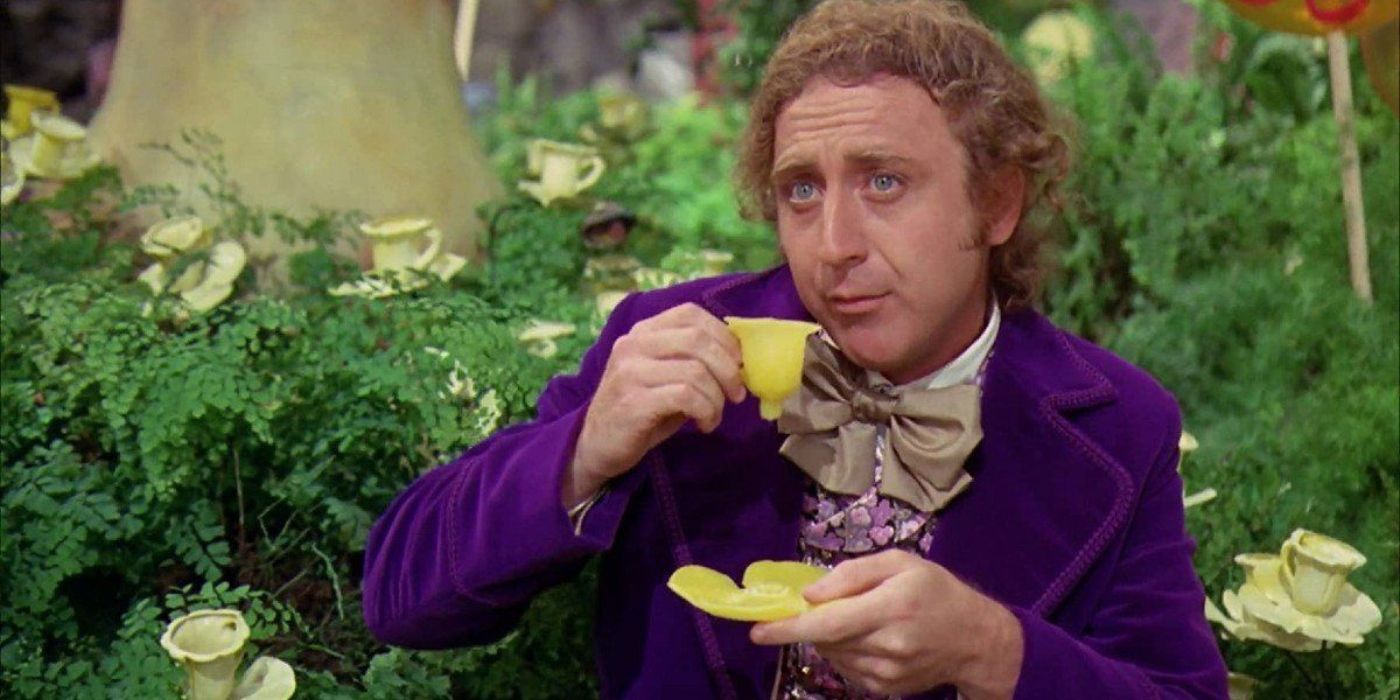
Over five decades since its initial release, “Willy Wonka and the Chocolate Factory” has continued to captivate audiences far and wide, giving rise to multiple reinterpretations. Conceived in the heat of capitalist ambition, Roald Dahl, Mel Stuart, David Wolper, and The Quaker Oats Company (the man under the hat on their logo) collectively brought to life one of the most cherished children’s films in history. The exceptional acting talents of Gene Wilder and Peter Ostrum played a significant role in the film’s enduring popularity. The title change, deviating from the original book titled “Charlie and the Chocolate Factory,” serves as an early indication that this cinematic adaptation was anything but ordinary.
With numerous Nazi undertones and a darkly humorous tone, the 1971 musical comedy “Willy Wonka and the Chocolate Factory” is an unusual film, with a backstory even more bizarre than many fans may realize. Roald Dahl wrote his book based on an incident in the ’30s where he and his classmates were given free chocolates for testing purposes. The director was encouraged to turn it into a movie by his daughter. Sounds innocent enough, but not really. It’s all about corporate manipulation. Producer Wolper didn’t shy away from admitting that the film was essentially a sophisticated advertisement. Remarkably, despite its commercial roots, the movie manages to be genuinely endearing.
“The Perfect Feature Film To Launch a Chocolate Bar”
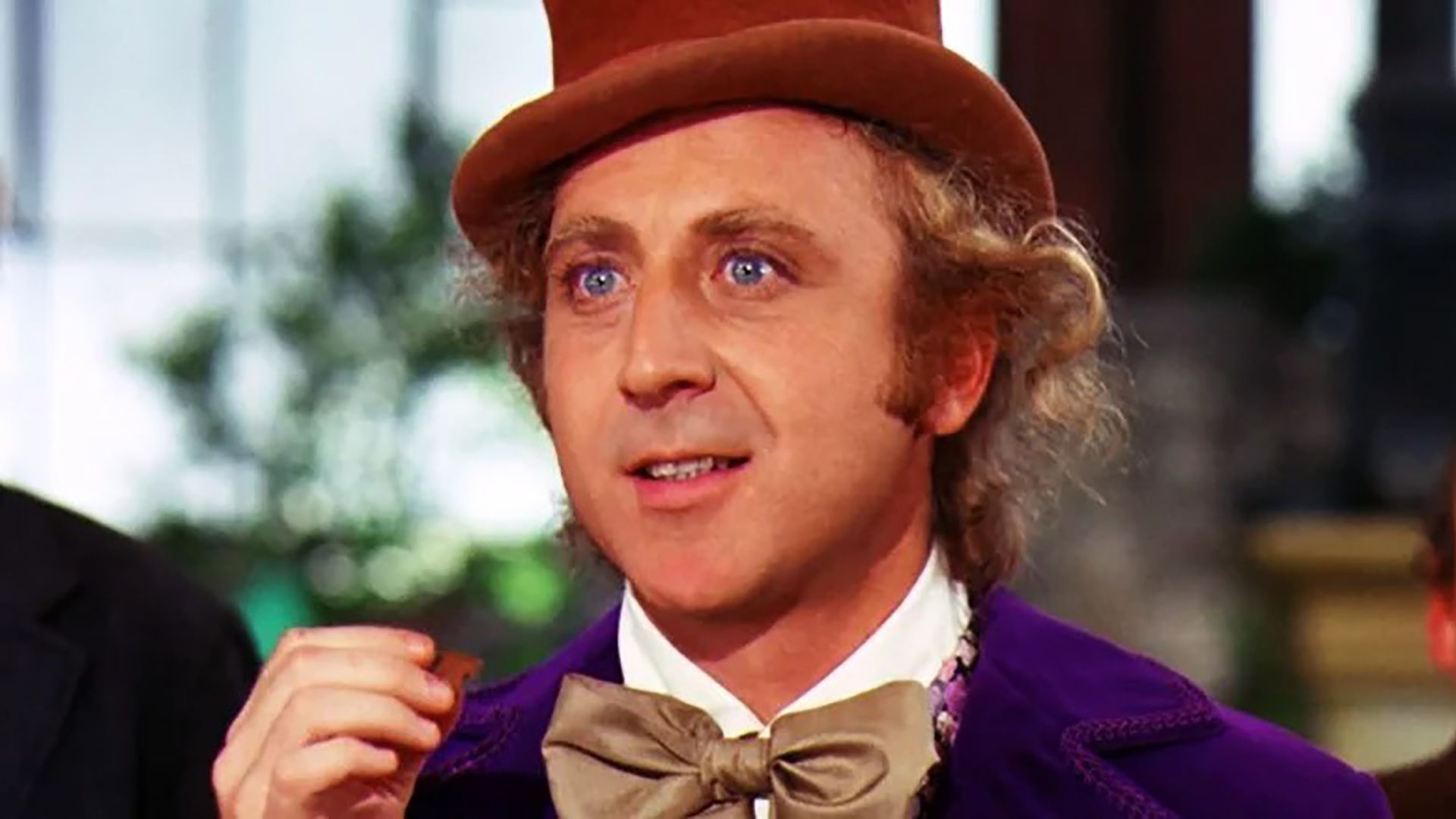
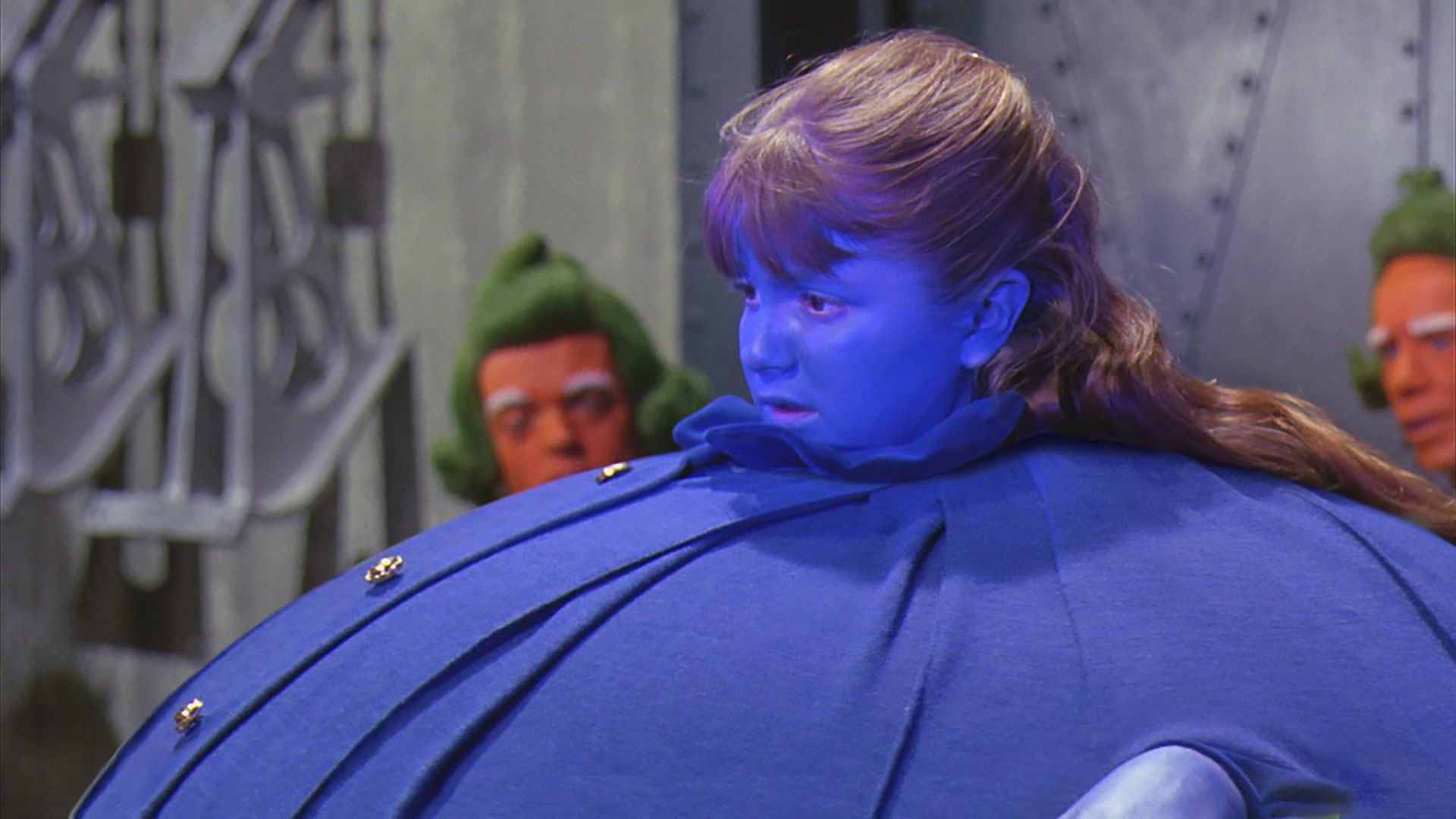
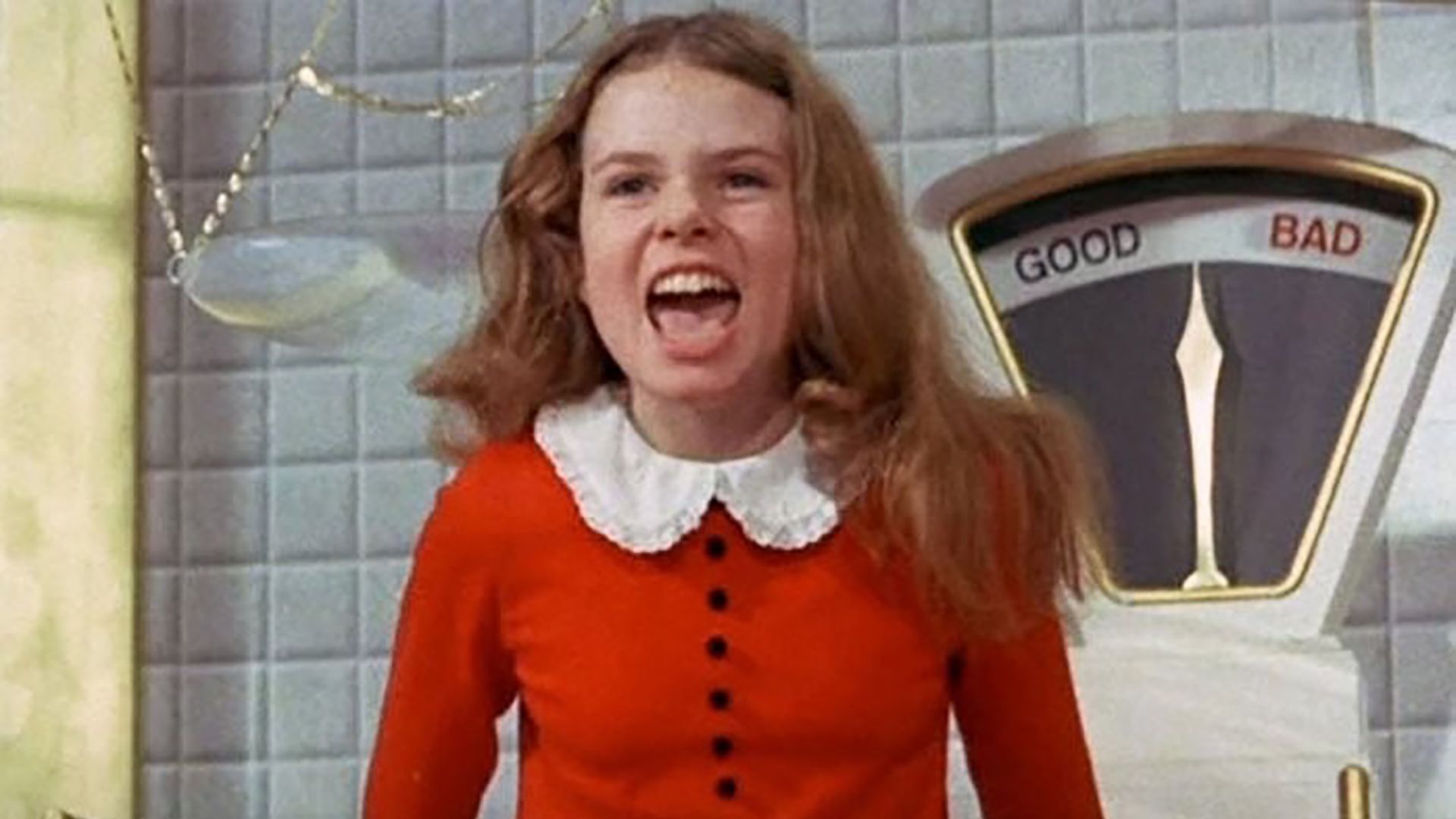
The script found unexpected salvation when Quaker Oats decided to fund the movie as a marketing strategy for their popular line of children’s candies. By serendipity, producer Wolper met an advertising executive in dire need of ideas, who happened to work for Quaker Oats. Realizing the huge market for candy sales each year, Quaker Oats, originally a cereal company, recognized they were operating in the wrong industry, as recounted by Stuart in his 2002 book “Pure Imagination”.
In a casual manner, Wolper boldly assured the cereal titan he had an ideal movie to promote a new chocolate bar. This move, while seemingly absurd at first glance, wasn’t entirely out of the ordinary given the history of product placement. Hershey had already established their brand in a 1927 Oscar-winning film, Wings, more than four decades before Quaker Oats. However, this strategy elevated the concept to unprecedented levels. For the first time, a film was greenlit primarily as an extended advertisement, causing quite a stir in the industry. Interestingly, the product being advertised hadn’t even been manufactured yet, making it a marketing campaign for something that only existed on paper. In hindsight, the world of advertising portrayed in Mad Men wasn’t so far-fetched, was it?
The Greatest Commercial Ever Filmed
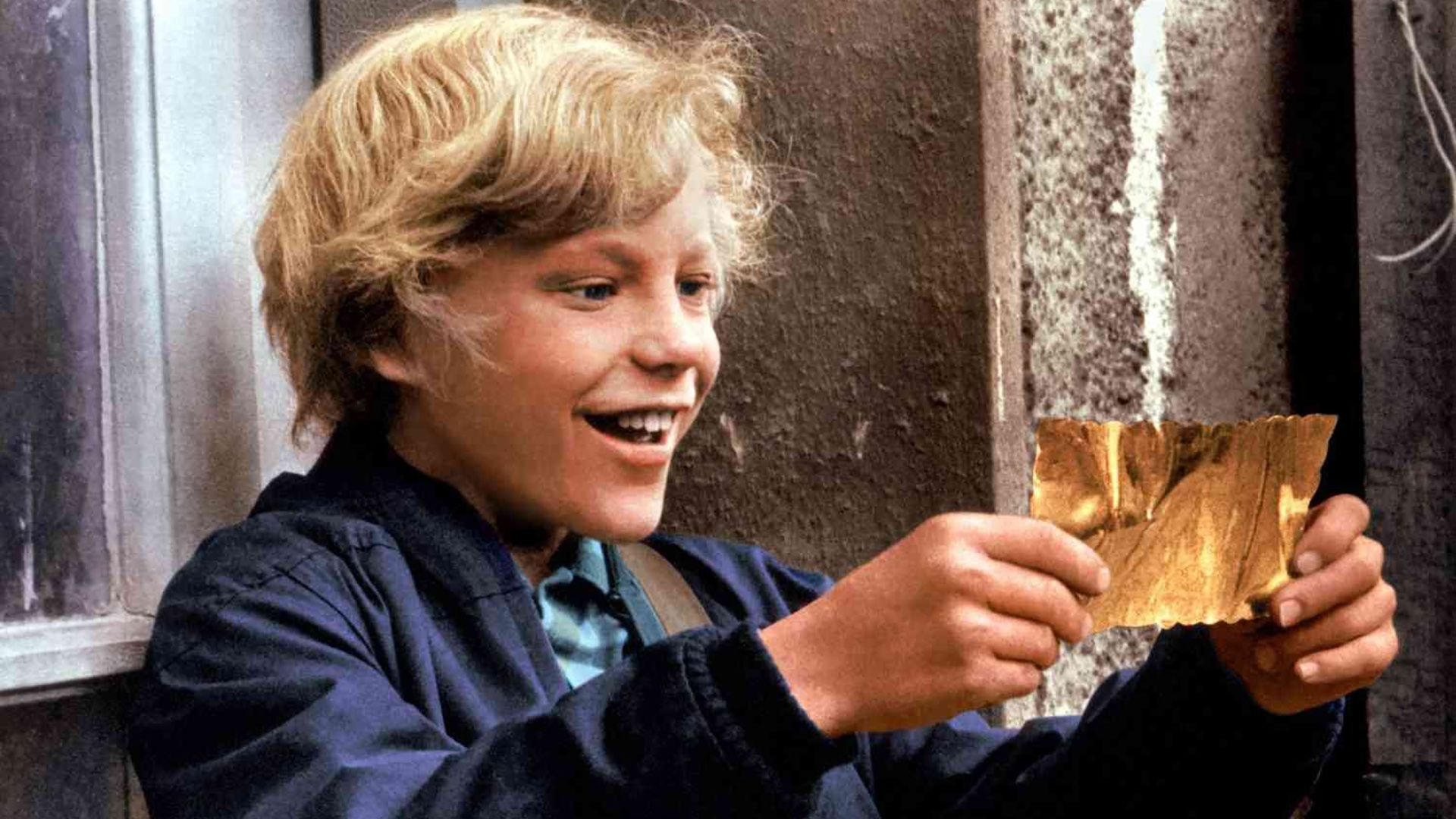
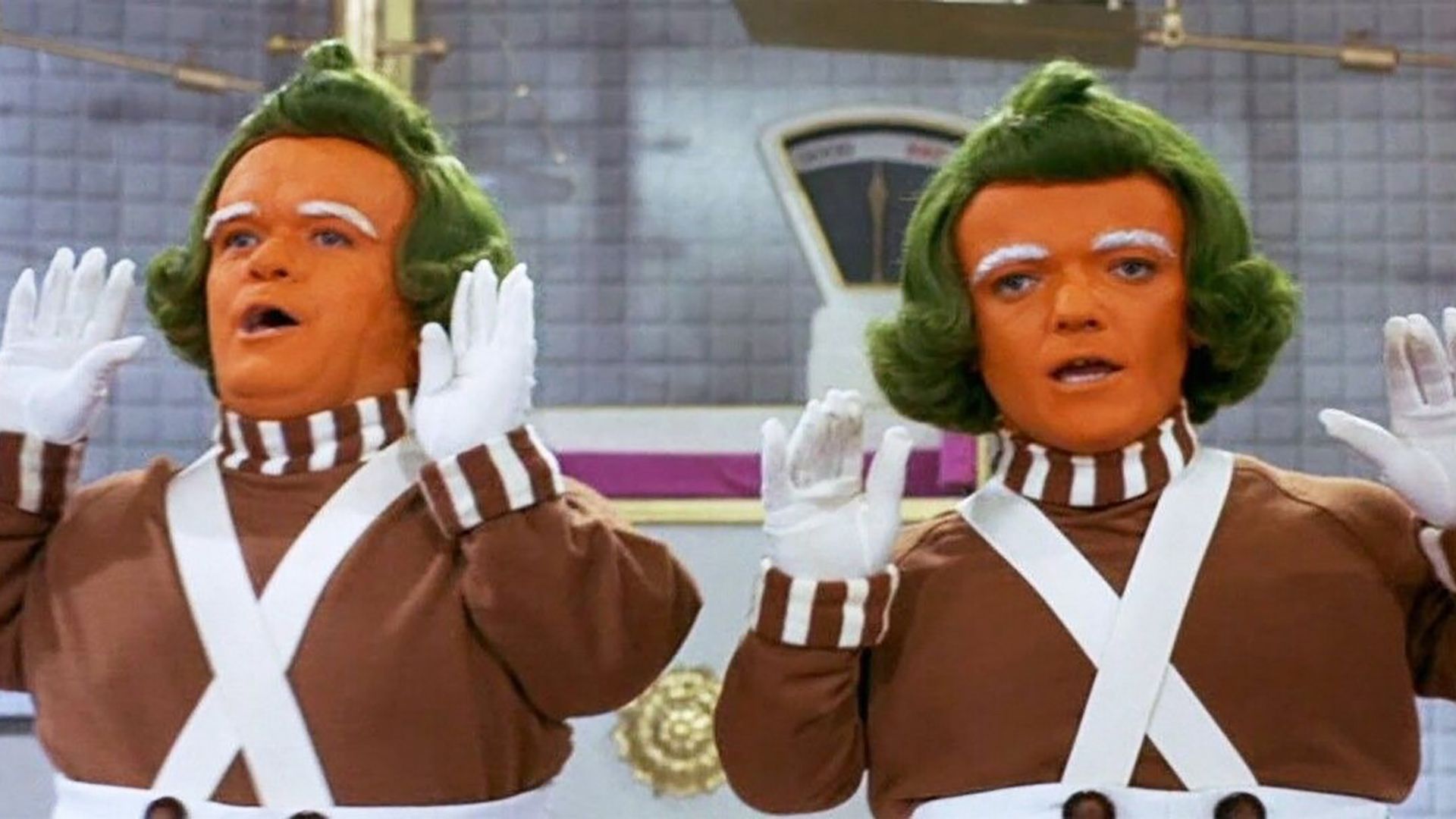
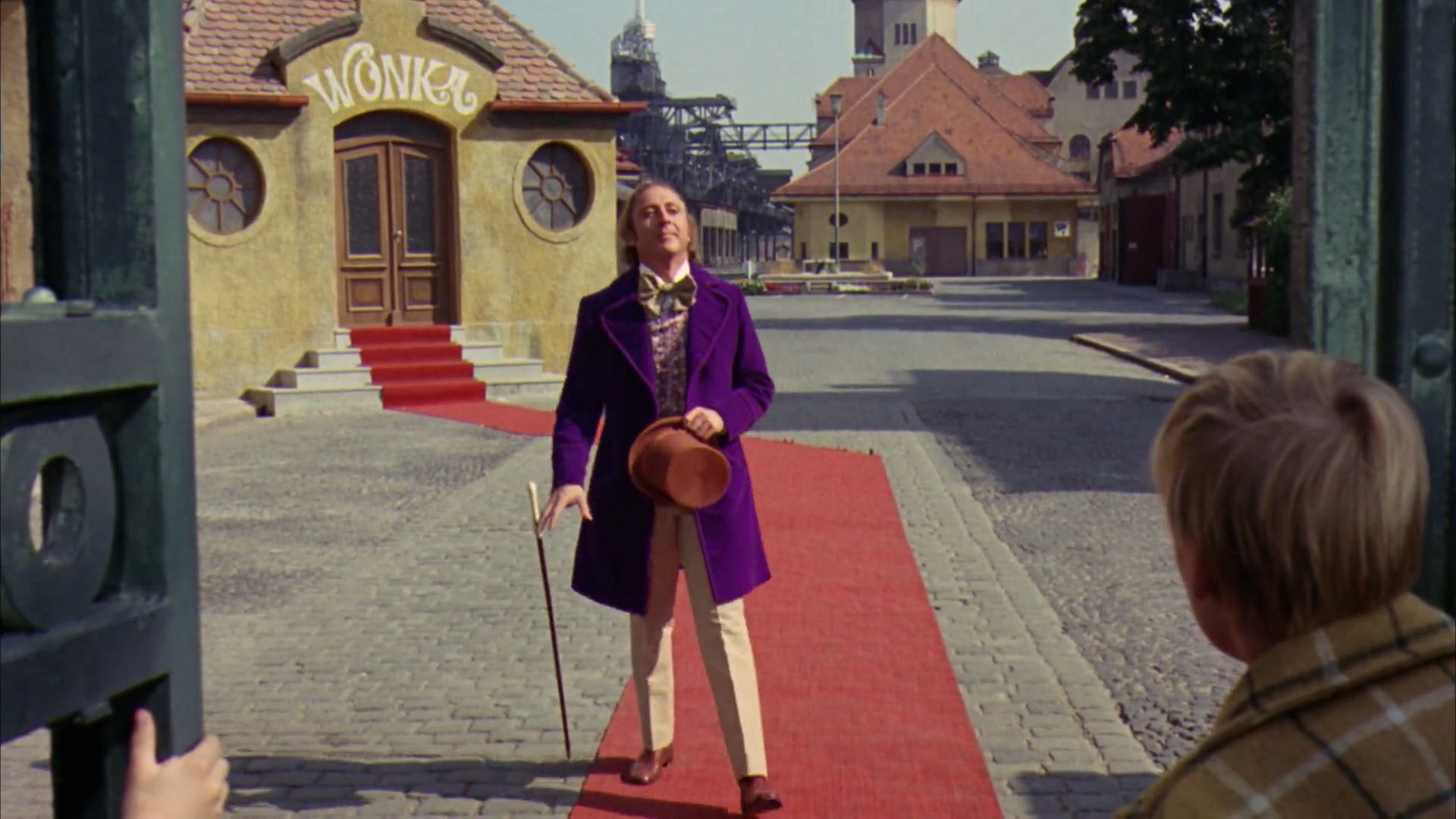
The film was tailored around the specifics of the business agreement. Wolper hadn’t even skimmed through a single page of the book, yet agreed to promote an unspecified product without figuring out how to fit it into the storyline. It was even more peculiar that Dahl agreed to sell his rights for some additional money, with the primary intention of writing the screenplay. He was obligated to change the title to boost sales of a yet-to-be-launched candy bar. He did so, but also subtly inserted a humorous reference to Martin Bormann, Adolf Hitler’s private secretary. This subtle joke was hardly understood by many back then or even today.
In a surprising turn of events, Gene Wilder, most famously recognized for his role in Mel Brooks’ 1968 film The Producers, secured the role of Willy Wonka despite strong objections from Roald Dahl. It’s plausible that the movie would have been drastically different without Wilder, given his significant impact on the film. This could be the reason why the 2023 version of Wonka and the 2005 adaptation of Charlie and the Chocolate Factory didn’t resonate with audiences in the same way as Wilder’s portrayal did. As film historian Samuel Umland points out, the film possesses a “fantastic” yet universally relatable atmosphere. Filmed on location in Germany but incorporating British expressions like “gob,” which means mouth, and humor/slang, the Wonka factory seems to exist in multiple places at once.
The Movie Aged Like a Fine Wine. The Chocolate? Not so much.
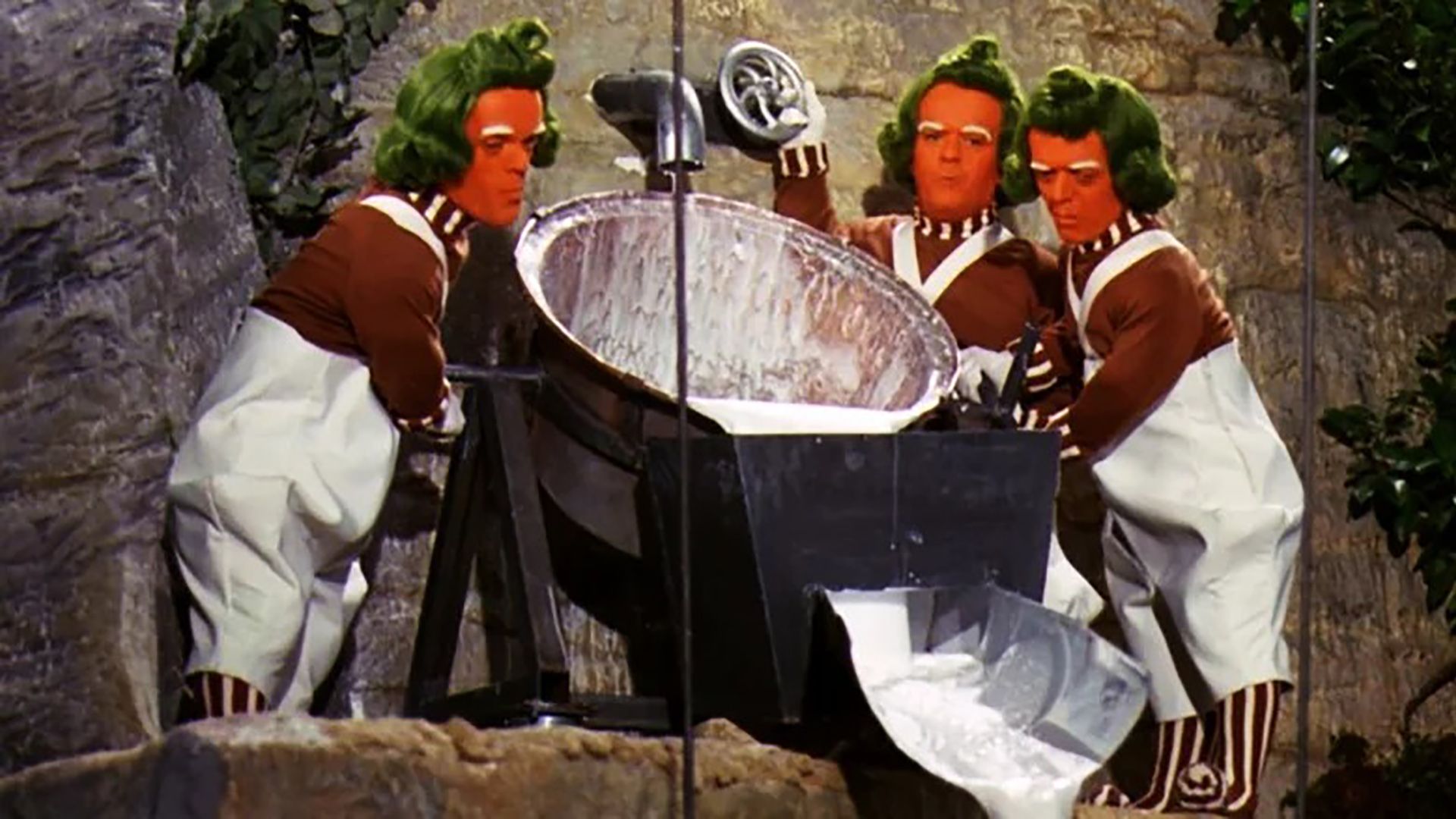
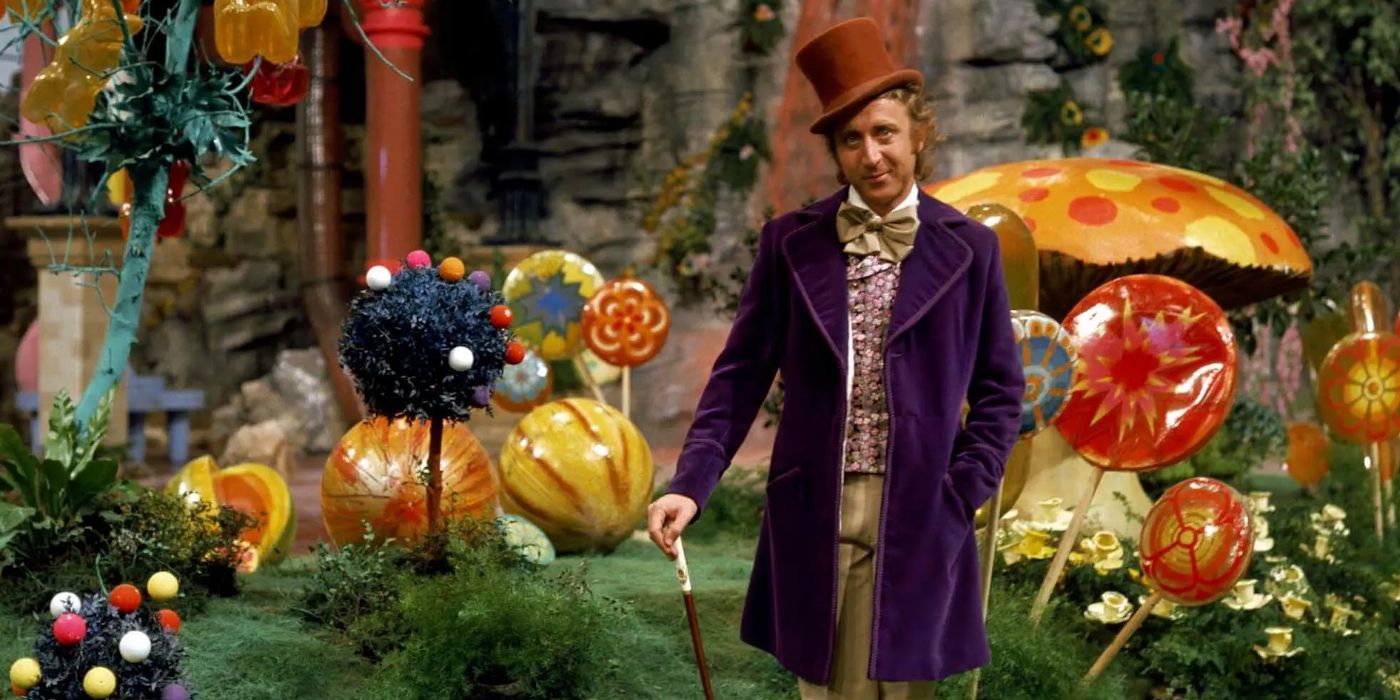
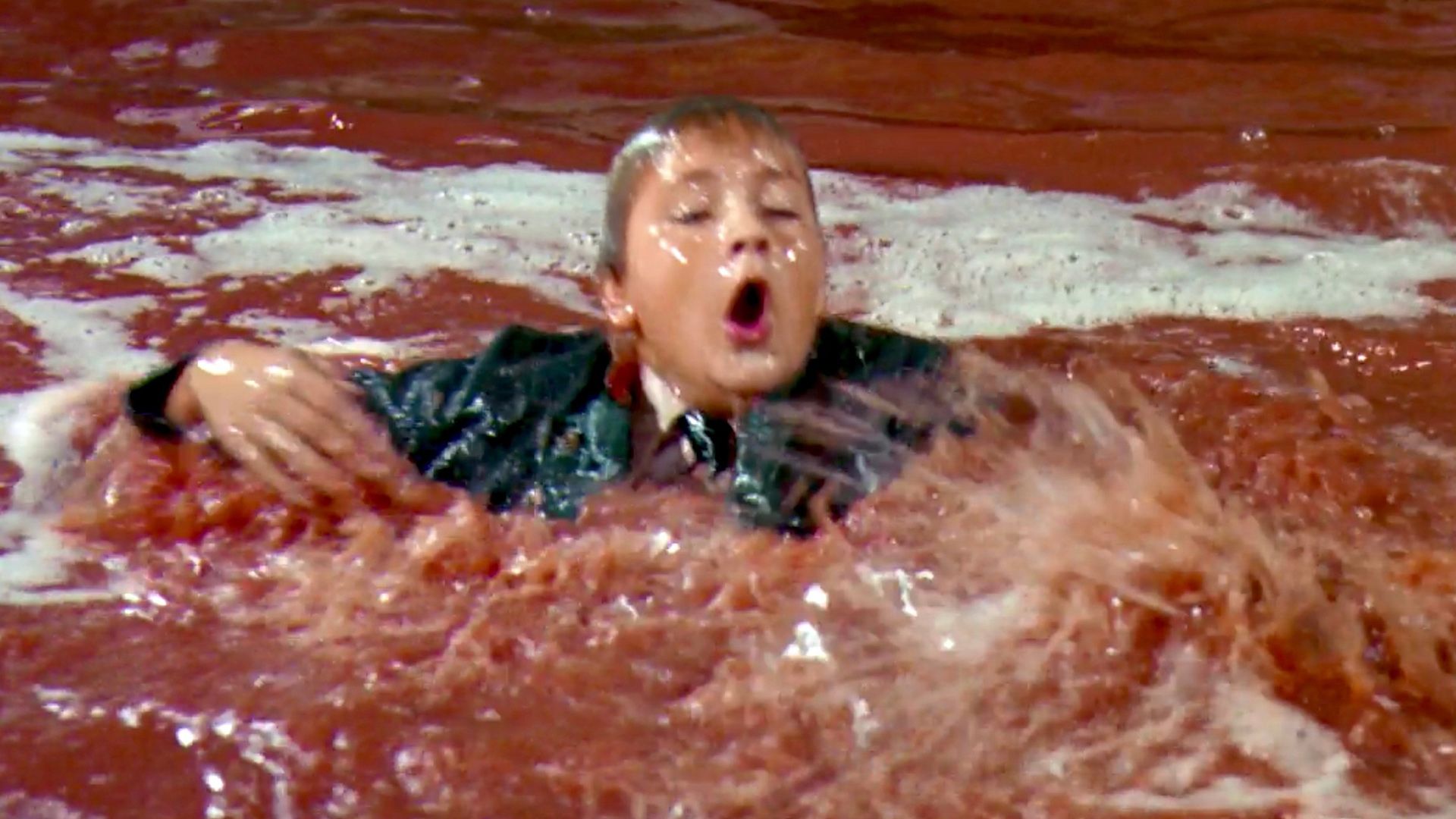
Back in 1971, even I found the blatant product placement in that movie to be rather questionable. The film’s funding and overall production were heavily criticized during a U.S. Senate Commerce Committee hearing for corporate manipulation and aggressive marketing tactics, due to the Quaker Oats-Paramount deal.
This wasn’t primarily aimed at offering amusement for kids during afternoon shows at suburban cinemas, where the film was screened. Instead, it was a strategy to promote Willy Wonka Chocolate Bars at snack bars located in the lobbies of these theaters.
Although the movie received good reviews for its content and Wilder’s performance, it failed to draw crowds. The film’s main source of funding, the Wonka-branded chocolate bars, performed even more poorly. This outcome was particularly ironic given that Dahl had previously tested chocolate bars as a quality assurance tester during his childhood. As promised, Wolper did indeed have a movie that could successfully launch a candy bar. However, Quaker Oats failed to meet their end of the bargain.
Over time, through home videos and continuous broadcasts on TV, the film subtly earned its status as a timeless masterpiece, exposing me and others to Wilder’s cinematic oeuvre and Dahl’s extensive literary canon. Ironically, despite his vehement disapproval of television, claiming it “ROTS THE BRAIN!” and “KILLS CREATIVITY DEAD!”, he wouldn’t have appreciated the 2024 adaptation of “Willy Wonka’s Chocolate Experience,” as it might have sent him into a mental tailspin.
Read More
- Masters Toronto 2025: Everything You Need to Know
- We Loved Both of These Classic Sci-Fi Films (But They’re Pretty Much the Same Movie)
- ‘The budget card to beat right now’ — Radeon RX 9060 XT reviews are in, and it looks like a win for AMD
- Forza Horizon 5 Update Available Now, Includes Several PS5-Specific Fixes
- Street Fighter 6 Game-Key Card on Switch 2 is Considered to be a Digital Copy by Capcom
- Valorant Champions 2025: Paris Set to Host Esports’ Premier Event Across Two Iconic Venues
- Gold Rate Forecast
- The Lowdown on Labubu: What to Know About the Viral Toy
- Karate Kid: Legends Hits Important Global Box Office Milestone, Showing Promise Despite 59% RT Score
- Mario Kart World Sold More Than 780,000 Physical Copies in Japan in First Three Days
2025-05-25 06:32